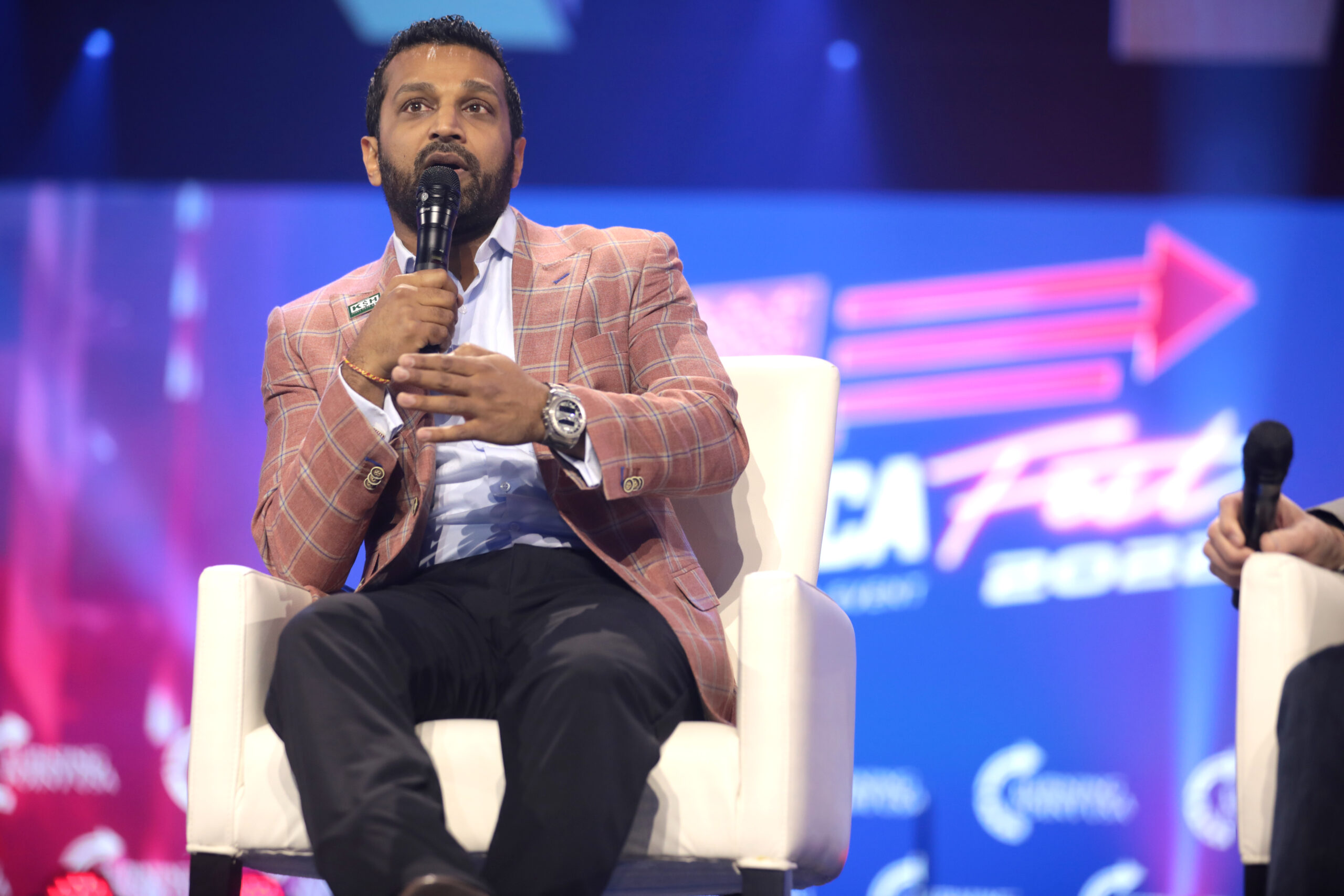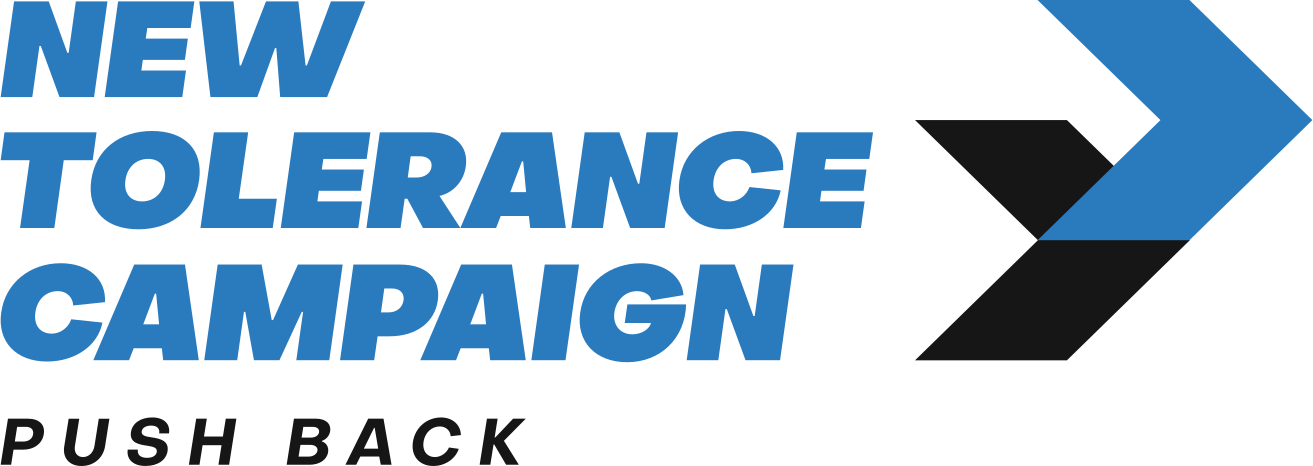Blog

Elon Musk Calls SPLC ‘Evil’ as FBI Drops ADL: The Reckoning for Biased Watchdog Groups Has Begun
FBI Director Kash Patel has formally ended the Bureau’s partnership with the Anti-Defamation League (ADL), calling it a political operation “masquerading” as a watchdog. It’s a decisive break from years of ADL-influenced trainings and briefings for agents, and it marks a turning point in how federal law enforcement chooses its outside “experts.”
This decision didn’t happen in a vacuum. It followed mounting backlash over the ADL’s since-removed online material that smeared mainstream conservative organizations and figures — most notably the inclusion of Turning Point USA in a now-closed “extremism” glossary. Even as the ADL insists it merely offers education, the record shows a steady drift from civil-rights work to viewpoint policing. Director Patel’s action acknowledges that drift and ends the FBI’s support for it.
The ADL has defended its collaboration with law enforcement and highlighted its “Law Enforcement and Society” (LEAS) programming. But that’s the point: trainings that start as neutral can morph into pipelines for selectively framed labels that end up in case files, policy memos, and media narratives. The most powerful investigative agency in the world cannot afford “outsourced bias” disguised as “expertise.”
“Watchdogs” or Political Fronts?
For years, self-styled “watchdogs” have claimed a monopoly on defining “hate” and “extremism.” These labels are then used to gatekeep social trust, stifle speech, and nudge public and private enforcers to punish the disfavored. That’s not accountability — it’s power without oversight.
Patel’s move effectively says the FBI will no longer rent out its building or their badge to politicized third parties. He framed the break as a refusal to “partner with political fronts masquerading as watchdogs,” a standard that should apply across the board. If your “research” reads like a campaign mailer, you shouldn’t be writing the textbooks or lesson plans for federal agents.
The SPLC Problem And Why It’s Boiling Over
The Southern Poverty Law Center (SPLC) exemplifies the same problem: originally created in 1971 to “ensure that the promise of the civil rights movement became a reality for all,” now treats ideological disagreement as pathology. The SPLC’s notorious “hate map” has lumped mainstream groups together with fringe outfits for years; media outlets cite it uncritically; platforms and donors lean on it to justify bans and blacklists.
Early this morning, Elon Musk captured the public mood bluntly: “The SPLC is an evil organization that spreads hate propaganda relentlessly. It needs to be shut down.” That assessment will offend the professional hall-monitors, but it resonates with millions who’ve seen their beliefs smeared by politicized labels and watched those labels used to chill lawful speech.
Whether one agrees with Musk’s exact phrasing, the core critique stands: when self-described “watchdogs” manufacture moral panics, they don’t reduce hate, rather they cheapen the term, dull public vigilance, and push our institutions toward selective enforcement. That’s the opposite of tolerance.
Why This Matters for Real Tolerance
The New Tolerance Campaign exists to confront double standards. We’ve documented a pattern: powerful institutions subcontract their moral judgment to advocacy groups and self-righteous individuals that claim neutral expertise but act like political actors. The results?
- Bias laundering: Agencies and companies adopt outside “ratings,” then claim their hands are clean. The politics didn’t disappear, rather they’ve been outsourced.
- Label inflation: The more expansive the definition of “extremism,” the more normal dissenters get swept in, and the easier it becomes to marginalize them.
- Public mistrust: When people see the rules enforced one way for some and another way for others, they stop trusting the referees.
Director Patel’s decision begins to unwind that unhealthy dynamic, at least inside the FBI. It also sets a precedent other agencies and private-sector partners should follow: no automatic deference to organizations that use “tolerance” as a partisan weapon.
What Should Happen Next?
To move from a single decision to durable reform, we recommend:
- Transparent Vetting of Third-Party Trainers: Any nonprofit organization selected to brief or train federal agents should meet a clear, public standard: empirical rigor, transparent methods, and demonstrable impartiality. Past political advocacy — left or right — must be checked at the door, fully disclosed and weighed appropriately before moving forward.
- Independent Review Panels: Congress and Inspectors General should establish neutral review panels to audit government reliance on external “hate” or “extremism” designations. If a list or map is used inside government, it should be replicable, falsifiable, and insulated from partisan funding streams.
- Diversified Perspectives: When agencies do bring in outside voices, they should ensure ideologically diverse perspectives, so that one advocacy brand can’t define the entire field. That’s how you avoid blind spots and groupthink.
- Sunset Clauses for Partnerships: Formal Memorandum of Understanding with advocacy groups should expire unless re-approved after performance audits. “Set it and forget it” is how bias calcifies as policy.
- A Culture of First Principles: Law enforcement must anchor training to constitutional rights, statutory law, and objective criminal indicators — not to NGO glossaries that conflate speech with violence.
Addressing the Obvious Pushback
You’ll hear that cutting ties risks “ignoring antisemitism” or “going soft on hate.” That is a false choice. The FBI can and must investigate crimes motivated by bias without deputizing political nonprofits to define which Americans are suspect. In fact, staying neutral strengthens legitimate hate-crime enforcement by keeping it free from the taint of partisan gamesmanship.
Likewise, criticism of the SPLC isn’t a denial that hate exists; it’s a rejection of cartoonish scorecards that lump tens of millions of law-abiding citizens into rhetorical proximity with true extremists. The more indiscriminate the label, the less useful it is in stopping real threats.
A Win for Accountability — If We Make It One
Director Patel’s decision is a needed correction. But lasting reform requires policy, not just press releases. Agencies should publish their criteria for outside partnerships. Congress should exercise oversight. And the media should stop treating advocacy branding as gospel. When “watchdogs” become biased political attack dogs, storied institutions must have the courage to take away the leash.
As for the SPLC, Musk’s blast will spur headlines, but the underlying question is bigger than one post: Should any private entity hold quasi-official power to define which viewpoints are acceptable? Our answer is no because tolerance cannot be selective. Real tolerance means one rule for everyone, applied evenly, with the government anchored to law and evidence, not to activist glossaries.
This week’s news is a step back toward that standard. Let’s keep going!
